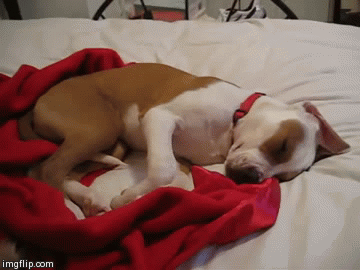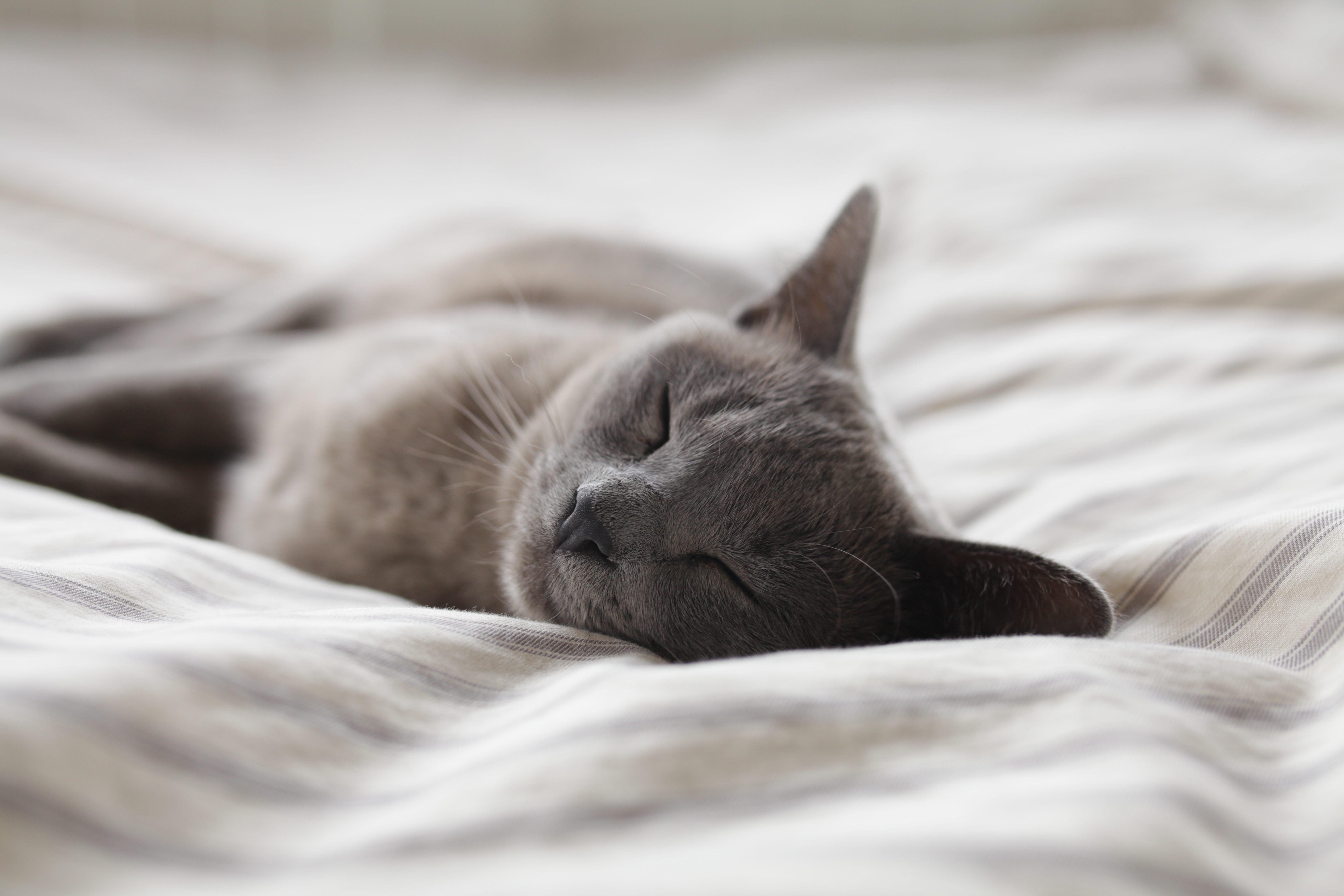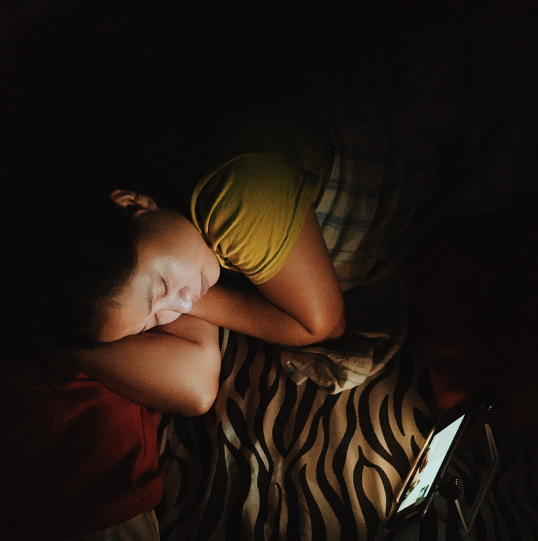Here Are Some Reasons Why You Twitch When You Sleep & What To Do About It
No exact cause can be found, but these are some possible triggers.
Ever wondered why you've been told you twitch or noticed that your partner twitches in their sleep?
First off, it's pretty common. In fact, it's said that 60% to 70% of people experience this natural occurrence.
It's called a hypnic jerk, or hypnagogic jerk, and it's basically an involuntary muscle contraction that your body makes as you sleep. According to Medical News Today, many people of all ages experience hypnic jerks, though the intensity depends on the person.
It's considered a form of myoclonus – a quick jerking movement you can't control – similar to hiccups. For some, it's just a light jerk, but for others, it can be vigorous enough to jolt them awake.
Possible causes are extreme tiredness or sleep deprivation, stress and anxiety, or stimulants such as caffeine, nicotine, and certain drugs
Some people claim that hypnic jerks occur as your body relaxes, your brain mistakenly believes it's falling, so it jerks as a way to check if your body is alive.
Carl Bazil, a professor of neurology at Columbia University, told The Cut that experts don't know the exact cause, but they do know that it's a "neurological tussle between the brain systems that keep you awake and the ones that encourage you to fall asleep".
In this state, the "sleeping mechanism usually wins", however, "the wakeful one sometimes puts up a fight".
In general, hypnic jerks are not harmful unless they are preventing you from falling asleep and causing insomnia
If that happens, it is advised to try to avoid caffeine and stimulants to reduce the chances of unrestful sleep, and lessen the frequency of these twitches.
The information provided is for educational and communication purposes only and it should not be construed as personal medical advice. Information published in this article is not intended to replace, supplant or augment a consultation with a health professional regarding the reader's own medical care.


